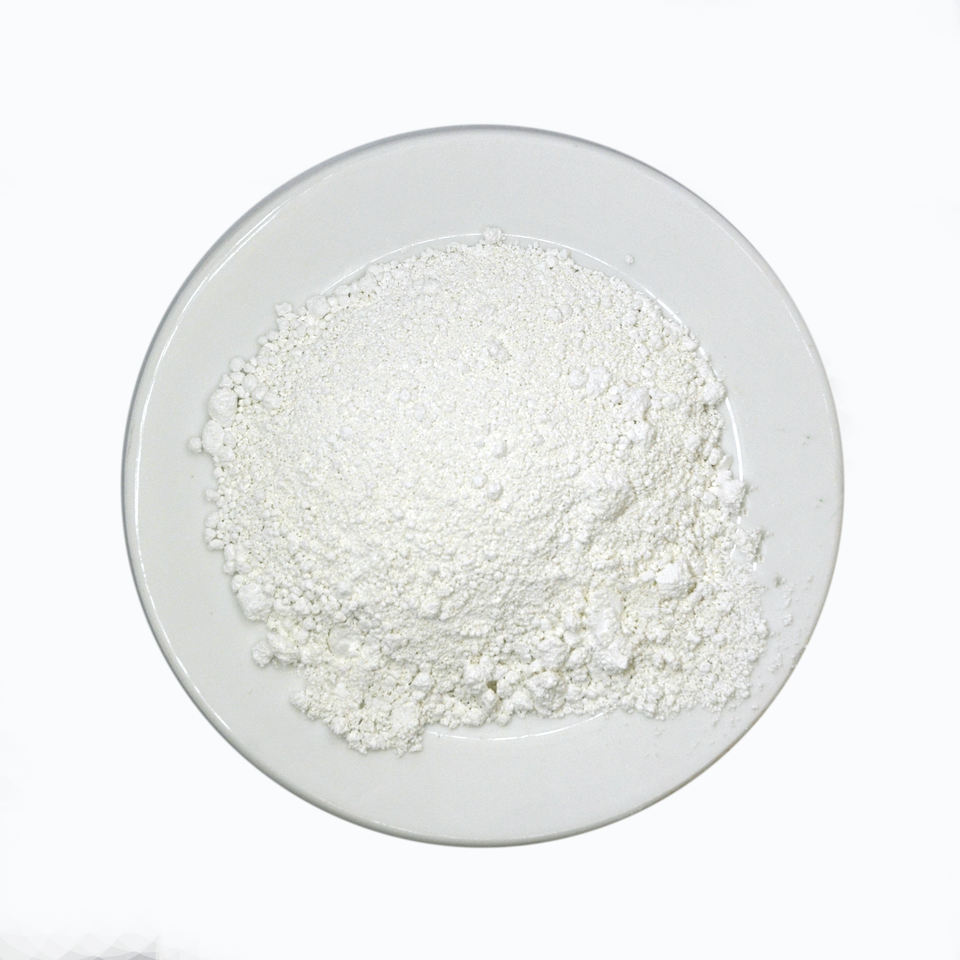
granulated activated charcoal
The Benefits and Uses of Granulated Activated Charcoal
Granulated activated charcoal, a versatile and useful substance, has become increasingly popular in a range of applications, from medical treatments to everyday household uses. This article explores its composition, benefits, and various implementations across different fields.
What is Granulated Activated Charcoal?
Granulated activated charcoal is derived from carbon-rich materials, such as wood, peat, coconut shell, or lignite, which undergo a high-temperature treatment process that activates the charcoal. This process creates a vast network of pores, enhancing its surface area and making it incredibly effective at adsorbing various substances. The term activated refers to the increased surface area created during the activation process, which is crucial for its ability to trap and hold particles.
Medical Uses
One of the most recognized applications of granulated activated charcoal is in the medical field. It is commonly used in emergency medicine as an antidote for certain types of poisoning or overdose. When ingested, activated charcoal can bind to toxins in the gastrointestinal tract, preventing their absorption into the bloodstream. However, it is essential to note that activated charcoal is not effective for all types of toxins (such as corrosive substances or alcohol) and should only be used under medical supervision.
In addition to its toxicity applications, activated charcoal is also being explored for its potential benefits in managing gastrointestinal issues, such as gas and bloating. Some studies suggest that it may help reduce flatulence and discomfort by binding gas-producing compounds in the digestive system.
Water Filtration
granulated activated charcoal

Another prominent use of granulated activated charcoal is in water filtration systems. Its highly porous nature allows it to effectively trap and remove impurities, chemicals, and contaminants, improving the taste and safety of drinking water. Activated charcoal filters are commonly found in home water filtration units as well as in larger municipal water treatment facilities. These filters can eliminate chlorine, volatile organic compounds (VOCs), and even some heavy metals, providing a more eco-friendly alternative to chemical water purification methods.
Skin Care
In recent years, granulated activated charcoal has gained popularity in the skincare industry. Its detoxifying properties make it a sought-after ingredient in various beauty products, including face masks, cleansers, and scrubs. By drawing out dirt, oil, and impurities from the skin, activated charcoal can help achieve a clearer complexion. Many people report reduced acne and fewer blackheads after incorporating activated charcoal products into their skincare routines.
However, it’s important to use these products cautiously, as excessive use can lead to dryness and irritation. It is advisable to follow up with a moisturizer to maintain skin balance after using activated charcoal treatments.
Environmental Impact
The environmental applications of granulated activated charcoal are also noteworthy. It has been used in various environmental remediation efforts, such as soil detoxification and air purification. In soil treatment, activated charcoal can help reduce pollutants, such as pesticides and heavy metals, thereby improving soil health and promoting safer agricultural practices. In air filtration systems, it helps capture volatile organic compounds and other pollutants, contributing to cleaner air in industrial and residential settings.
Conclusion
Granulated activated charcoal is a remarkable substance with a wide range of uses across health, environmental, and household applications. Its ability to adsorb various harmful substances makes it a valuable tool in medicine and environmental remediation, while its growing popularity in skincare reflects a shift towards natural and effective personal care solutions. As research continues to uncover new potential applications, granulated activated charcoal's role in promoting health and sustainability will undoubtedly expand, solidifying its place as a versatile and essential material in our daily lives.
Share
-
Fly Ash Solutions Enhanced by GPT-4 Turbo | Sustainable InnovationNewsAug.01,2025
-
Natural Premium Bentonite Cat Litter - Superior ClumpingNewsJul.31,2025
-
Premium Resin Coated Sand - High Heat Resistance CastingNewsJul.31,2025
-
High Quality Silicon Carbide Grit for Abrasive ApplicationsNewsJul.30,2025
-
High-Quality Ceramsite for Plants & Gardening | Lightweight PebblesNewsJul.29,2025
-
Premium Burgundy Glass Marbles for Vases & Shooter GamesNewsJul.29,2025






